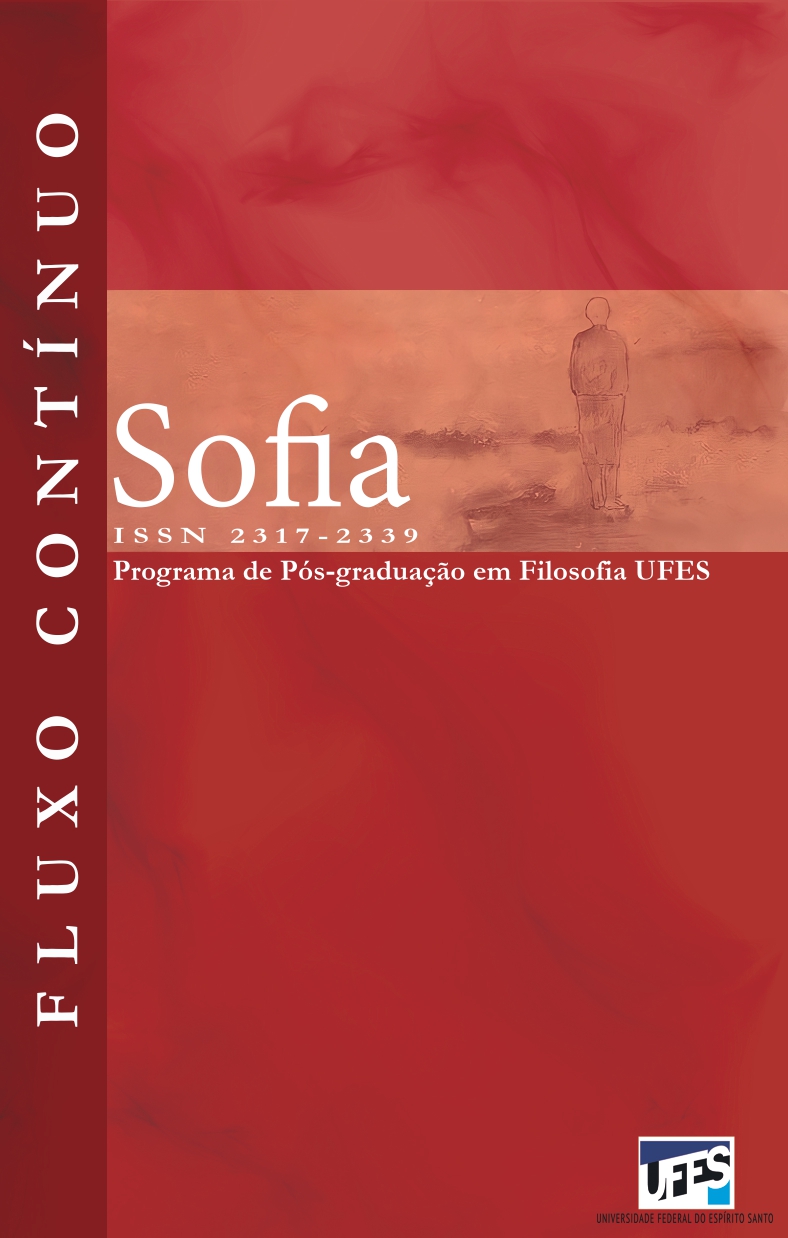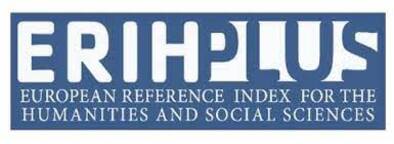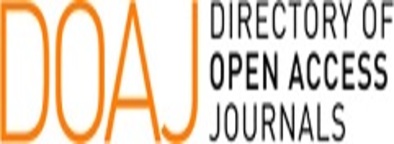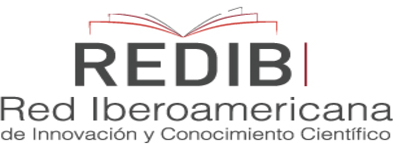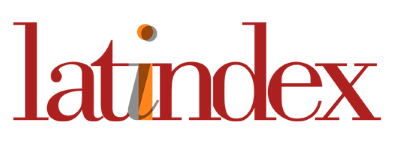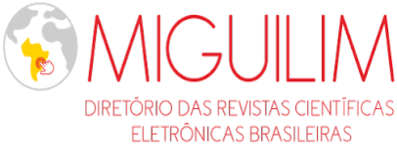A política em face ao nacional-socialismo
um confronto entre Arendt e a teoria crítica de Adorno e Horkheimer
DOI:
https://doi.org/10.47456/sofia.v11i2.37414Palavras-chave:
política, totalitarismo, autoridade, liberdade, ideologiaResumo
Pretende-se analisar a compreensão de Hannah Arendt e dos teóricos críticos Max Horkheimer e Theodor Adorno sobre o papel da política na ascensão do nacional-socialismo, em seus escritos das décadas de 1930 a 1950. É proposto um estudo comparativo de suas divergências quanto à importância explicativa da política e de suas motivações para a crítica à política moderna. Serão discutidos os diferentes caminhos explicativos, os sentidos atribuídos à autoridade e à ideologia e a particularidade da discussão arendtiana sobre o terror totalitário. Partindo destas análises da política moderna, esta investigação tem por objetivo, em primeiro lugar, demonstrar o caráter estrutural do seu confronto, na concepção de poder inerente à teorização da política, tendo-se em vista o peso da liberdade e da dominação subjetiva e, em seguida, pensar o caráter profícuo de alguns aspectos de suas teorizações à luz da experiência contemporânea.
ABSTRACT
This article aims to analyze the role of politics in the emergence of National-Socialism according to Hannah Arendt and the critical theorists Max Horkheimer and Theodor Adorno’s investigations from the 1930s to the 1950s. It proposes a comparative study of their divergences regarding the explanatory importance of politics and of their reasons for a critique of modern politics. For this purpose, it will be necessary to address the argumentative paths followed by them, the meaning assigned to authority, ideology and to the particularity of the totalitarian terror. Departing from such analysis of modern politics, this study seeks, first, to demonstrate the structural nature of their confrontation, that is, the conception of power behind their theorization of politics, especially regarding the weight of subjective freedom and domination, and, furthermore, to reflect upon the significance of some aspects of their theorizations in light of contemporaneity.
Referências
ABENSOUR, M. Pour une philosophie politique critique? Tumultes, n.17-18, 2001, pp.207-258.
ABROMEIT, J. Max Horkheimer and the Foundations of the Frankfurt School. New York: Cambridge University Press, 2011.
ABROMEIT, J. “Max Horkheimer et le concept matérialiste de la culture”. In: MACDONALD, I.; NOPPEN, P.-F.; RAULET, G. Les normes et le possible: héritage et perspectives de l'École de Francfort. Paris: Maison des sciences de l’homme, 2013.
ABROMEIT, J. Right Wing Populism and the Limits of Normative Critical Theory. Logos Journal, v.16, n.1-2, 2017, s.p.
ADORNO, T. W.; HORKHEIMER, M. Dialética do esclarecimento. Trad. Guido Antonio de Almeida. Rio de Janeiro: Zahar, 2006.
ADORNO, T. W.; HORKHEIMER, M. “Reflections on Class Theory”. Transl. Rodney Livingstone. In: TIEDEMANN, R. (ed.). Can on Live after Auschwitz? A Philosophical Reader. California: Stanford University Press, 2003.
ADORNO, T. W.; HORKHEIMER, M. “Teoria freudiana e o padrão da propaganda fascista”. Trad. Verlaine Freitas. In: Ensaios sobre psicologia social e psicanálise. São Paulo: Editora Unesp, 2015.
ADORNO, T. W.; HORKHEIMER, M. Educação e emancipação. Trad. Wolfgang Leo Maar. São Paulo: Paz e Terra, 1995.
ARENDT, H. “O que é autoridade”. In: Entre o passado e o futuro. São Paulo: Perspectiva, 1979, pp.127-187.
ARENDT, H. “Social Science Techniques and the study of Concentration Camps”. In: KOHN, J. (ed.). Essays in Understanding – 1930-1954. New York: Harcourt Brace, 1994a, pp232-247.
ARENDT, H. “Mankind and terror”. In: KOHN, J. (ed.). Essays in Understanding – 1930-1954. New York: Harcourt Brace, 1994b, p.297-306.
ARENDT, H. “Understanding and Politics (The Difficulties of Understanding). In: KOHN, J. (ed.). Essays in Understanding – 1930-1954. New York: Harcourt Brace, 1994c pp.307-327.
ARENDT, H. “On the Nature of Totalitarianism: An Essay in Understanding”. In: KOHN, J. (ed.). Essays in Understanding – 1930-1954. New York: Harcourt Brace, 1994d, pp.328-360.
ARENDT, H. Origens do totalitarismo: antissemitismo, imperialismo, totalitarismo. Trad. Roberto Raposo. São Paulo: Companhia das Letras, 2012.
ARENDT, H. “O que é liberdade”. In: Entre o passado e o futuro. Trad. Mauro Barbosa. São Paulo: Perspectiva, 2014.
BENHABIB, S. PICKER, C. “Arendt and the Frankfurt School”. In: GORDON, P.; HAMMER, E.; HONNETH, A. The Routledge Companion to the Frankfurt School. New York; London: Routledge, 2019.
BENHABIB, S. The Reluctant Modernism of Hannah Arendt. Oxford: Rowman & Littlefield, 2003.
BERNSTEIN, R. Hannah Arendt and the Jewish Question. Cambridge: MIT Press, 1996.
BERNSTEIN, R. Why Read Hannah Arendt Now. Cambridge: Polity Press, 2018.
CANOVAN, M. “Arendt’s theory of totalitarianism a reassessment”. In: VILLA, D. The Cambridge Companion to Hannah Arendt. Cambridge; New York: Cambridge University Press, 2001.
CORREIA, A. Antissemitismo e totalitarismo em Hannah Arendt. Quadranti - Rivista Internazionale di Filosofia Contemporanea, VI, n.2, pp.135-145, 2018.
DUARTE, A. Hannah Arendt e a modernidade: esquecimento e redescoberta da política. Trans/Form/Ação, v.24, n.1, pp.249-272, 2001.
FERNANDES, S. Os fragmentos de uma teoria de rackets e a Dialética do esclarecimento. Apresentação de “Sobre a sociologia das relações de classe” (1943), de Max Horkheimer. Cadernos de filosofia alemã: Crítica e modernidade, v.26, n.1, pp.127-140.
FRATESCHI, Y. Hannah Arendt e Ruy Fausto sobre a gênese do totalitarismo de esquerda. Cadernos de filosofia alemã: Crítica e modernidade, v. 26, n. 2, pp. 27-43, 2021
GANDESHA, S. “The Neoliberal Personality”. Logos Journal, v.16, n.1-2, 2017, s.p.
GENEL, K. Autorité et Émancipation : Horkheimer et la Théorie critique. Paris : Payot, 2013.
GENEL, K. Hannah Arendt: l'expérience de la liberté. Belin Éditions, 2016.
HABERMAS, J. Hannah Arendt's Communications Concept of Power. Social Research, v.44, n.1, Hannah Arendt, 1977, pp.3-24.
HEINS, V. Seduction, Alienation, Racketeering. The Death of Politics in Frankfurt School Thinking. Distinktion: Scandinavian Journal of Social Theory, v.7, n.1, 2006, pp.59-73.
HORKHEIMER, M. “The Authoritarian State”. In: ARATO, A. & GEBHARDT, E. (eds.). The Essential Frankfurt School Reader. New York: Urizen, 1978.
HORKHEIMER, M. “Teoria tradicional e teoria crítica”. Trad. Edgard Malagodi e Ronaldo Cunha. In: Benjamin, Walter; Horkheimer, Max; Habermas, Jürgen; Adorno, Theodor. Textos escolhidos. São Paulo: Abril Cultural, 1980.
HORKHEIMER, M.; NOERR, G. S.; SCHMIDT, A. (Hrsg.). Gesammelte Schriften. Frankfurt: Fischer, 1985.
HORKHEIMER, M. “The Jews and Europe”. Transl. Mark Ritter. In: BRONNER, S. & KELLNER, D. (eds.). Critical Theory and Society: A Reader. New York: Routledge, 1989.
HORKHEIMER, M. “Autoridade e família”. Trad. Hilde Cohn. In: Teoria Crítica I. São Paulo: Perspectiva, 2011, pp.175-236.
HORKHEIMER, M. Sobre a sociologia das relações de classe. Trad. Simone Fernandes. Cadernos de Filosofia Alemã: Crítica e Modernidade, v.26, n.1, pp.127-164, 2021.
MARIN, I.; NOBRE, M. Uma nova antropologia. Unidade crítica e arranjo interdisciplinar na Dialética do Esclarecimento. Cadernos de Filosofia Alemã: Crítica e Modernidade, v.20, pp.101-122, 2012.
MARIOTTI, S. Adorno and Democracy. Lexington: Kentucky University Press, 2016.
MORELOCK, J. (ed.). Critical theory and Authoritarian Populism. London: University of Westminster Press, 2018.
NOBRE, M. “Max Horkheimer: a Teoria Crítica entre o nazismo e o capitalismo tardio”. In: NOBRE, M. (org.) Curso Livre de Teoria Crítica. São Paulo: Papirus, 2013.
PETRY, F. Theodor W. Adorno: contribuições à reflexão sobre formação, democracia e autoritarismo. ethic@, Florianópolis, v.20, n.2, pp.541-565, 2021.
REGATIERI, R. Do capitalismo monopolista ao processo civilizatório: A crítica da dominação nos debates do Instituto de pesquisa social no início da década de 1940 e a elaboração da Dialética do esclarecimento. Tese de doutorado. Departamento de Sociologia, FFLCH, Universidade de São Paulo, 2015.
RENSMANN, L.; GANDESHA, S. (orgs.). Arendt and Adorno: Political and Philosophical Investigations. Stanford: Stanford University Press, 2012.
RENSMANN, L.; GANDESHA, S. “Understanding Political Modernity: Rereading Arendt and Adorno in Comparative Perspective”. In: Arendt and Adorno: political and philosophical investigations. California: Stanford University Press, pp.1-30, 2012a.
VILLA, D. “Introduction: the development of Arendt’s political thought”. In: VILLA, D. The Cambridge Companion to Hannah Arendt. Cambridge; New York: Cambridge University Press, 2001.
VILLA, D. Arendt and Heidegger: the Fate of the Political. Princeton University Press, 1996.
Publicado
Edição
Seção
Licença
Copyright (c) 2022 Simone Fernandes

Este trabalho está licenciado sob uma licença Creative Commons Attribution 4.0 International License.
Dada a política de acesso público da revista, o uso dos textos publicados é gratuito, com a obrigação de reconhecer a autoria original e a primeira publicação nesta revista. Os autores das contribuições publicadas são inteiramente e exclusivamente responsáveis por seus conteúdos.
I Os autores autorizam a publicação do artigo nesta revista.
II Os autores garantem que a contribuição é original e assumem total responsabilidade pelo seu conteúdo em caso de impugnação por terceiros.
III Os autores garantem que a contribuição não está sob avaliação em outra revista.
IV Os autores mantêm os direitos autorais e concedem à revista o direito de primeira publicação, sendo o trabalho licenciado sob uma Licença Creative Commons Atribuição-BY.
V Os autores são autorizados e incentivados a divulgar e distribuir seu trabalho on-line após a publicação na revista.
VI Os autores dos trabalhos aprovados autorizam a revista a distribuir seu conteúdo, após a publicação, para reprodução em índices de conteúdo, bibliotecas virtuais e similares.
VII Os editores reservam o direito de fazer ajustes no texto e adequar o artigo às normas editoriais da revista.

